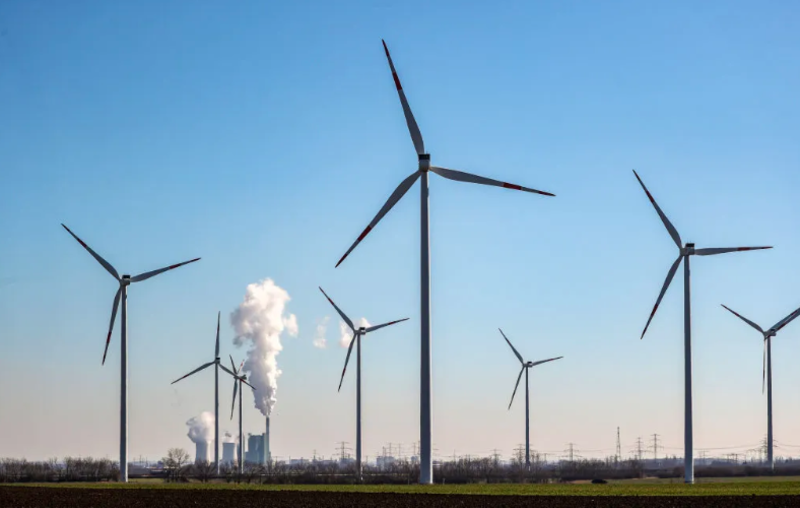by LYNN FORESTER DE ROTHSCHILD at time.com
The 90,000 people and nearly 200 nations who attended the U.N. COP28 climate conference in Dubai this month missed an historic opportunity. To move beyond the woefully inadequate level of climate action since the 2015 Paris Accords, the world must agree to put a global price on carbon. In one stroke, this would recalibrate consumer demand, set the market in motion, reduce emissions, and spur innovation. If only world leaders had remembered the immortal words of legendary investor Charlie Munger: “Show me the incentive, and I’ll show you the outcome.”
A carbon price would supercharge the march toward net-zero emissions because it recognizes the profit incentive of free markets to efficiently allocate capital within our rules-based global economic system. It would cause businesses to write-off fossil fuels and investors to redeploy capital toward clean energy solutions. The tools available today—sustainability reports, voluntary commitments, or naming and blaming—are not incentives; they are nudges, and they will not create needed change at scale. To deny the market a definite price point for carbon is akin to tying one hand behind our back in the most significant fight of our lives.
It is time to level with the public and start building a new narrative. Yes, the once-in-a-century energy transition will require prices to rise temporarily—on everything from transport and supplier costs to heating and electricity bills—while the world is still using fossil fuels; but carbon pricing will shift business practice and consumer behavior, making lower-carbon alternatives more accessible and reliable in the near future. A price on carbon will make green products increasingly more affordable than fossil fuel-based products in energy, transportation, agriculture, and construction.

